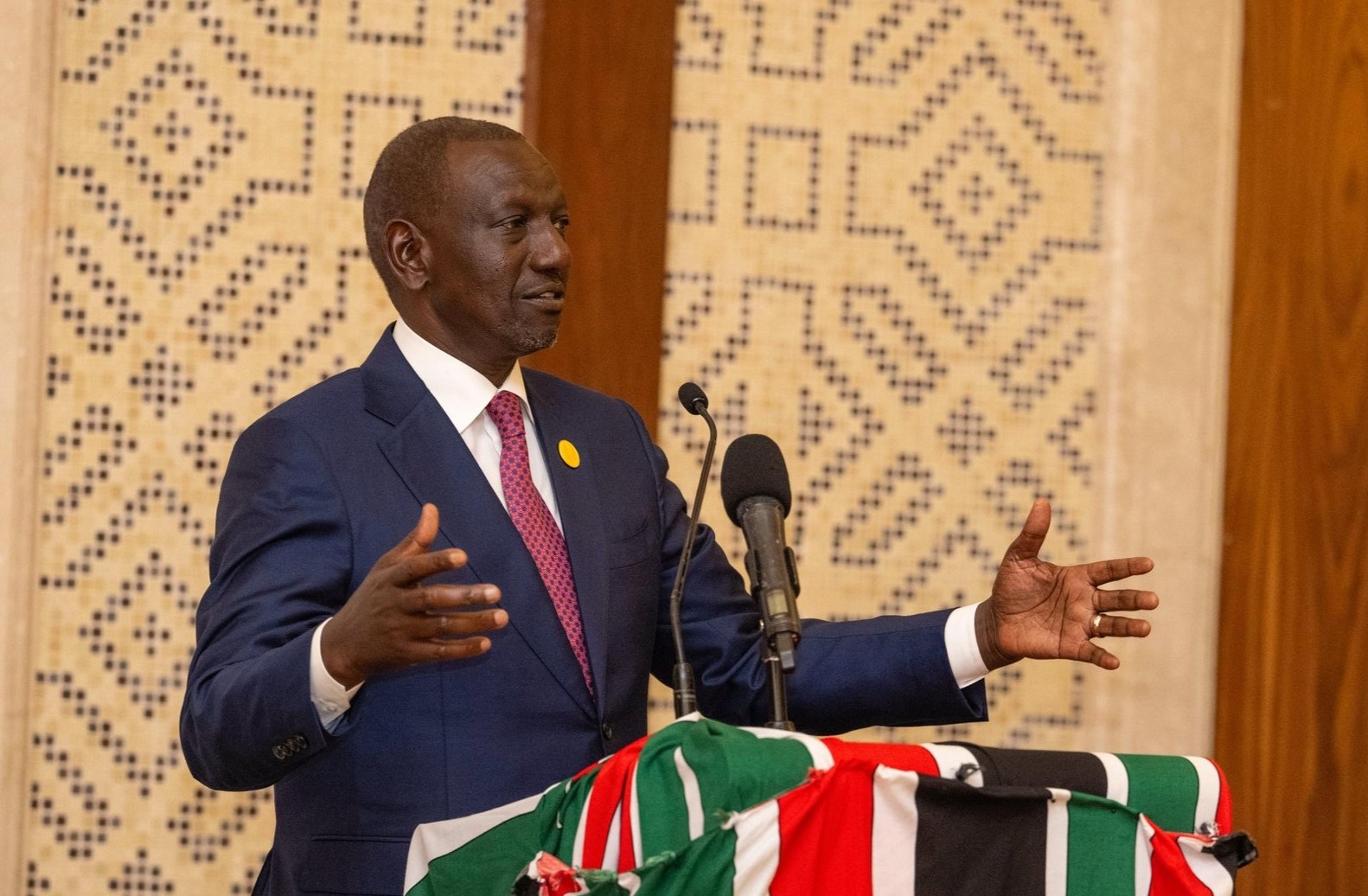The amount of money Kenyans abroad sent home in the month of March increased by 15.5 per cent to $357 million (Sh47.2 billion) on the backdrop of a strengthening dollar against the Shilling.
In February, the country received $309.2 million (Sh40.9 billion), lowest in seven months since July last year.
"Cumulatively, for the 12 months to March this year, the inflows increased to $4,020 million (Sh532.3 billion), compared to $3,912 million (Sh518 billion) in a similar period in 2022," CBK notes in its weekly bulletin.
Although the banking regulator did not give reasons for the growth, experts are linking it to a systematic ease in inflation in developed nations that has been squeezing disposable income.
The US remains the largest source of remittances into Kenya, accounting for 58 per cent.
The amount received was quickly swallowed by diminishing forex reserve that has seen the shilling tumble to its weakest against the US dollar.
In the weekly bulletin, the apex bank sai sinkiValue-based socially responsible entrepreneurs will play a pivotal role in transforming Kenya into a middle-income countrysts ngd that the Sh845 billion ($6.4 billion) in the foreign currency reserve would last over the next 3.6 months in compliance with the country's threshold of at least four months of import cover.
The regulator said that the reserves were adequate pursuant to the bank's regulations. Kenya has breached adequacy ratios for the East Africa Community of at least 4.5 months of import cover since mid last year.
Despite this, CBK insists that the sufficiency of the reserve will enable importers to continue with their business without any hindrance, this, as the dollar crisis persist.
Experts however, have cautioned against the dwindling trend, with Jared Wamae of Apex Capital terming it a recipe for inflation.
"Forex reserve, just like oil stock is a strategic resource. It is a sure cushion in the event of volatility in the global market. CBK must religiously guard against its minimum threshold,'' Wamae said.
A recent report by international money transfer provider, Western Union shows 67 per cent of Africans abroad send more money when the currency value falls in their receiving country, with 65 per cent of receivers agreeing that when currency values fall, they get more money.
The survey further shows that a majority of Africans working abroad are optimistic that remittances will increase this year with more than three-quarters of Africa’s receivers, 78 per cent, saying they expect these remittances to increase.
The growth in diaspora remittances also did little to save the sinking shilling which dropped to a new low of 133.95 against the greenback compared to 132.94 units the previous week.
The Shilling has been weakening against the dollar since the beginning of 2020, losing approximately 35 per cent of its value.
Year-to-date, the shilling has weakened by about 16 per cent, prompting costlier imports and more pressure on the dwindling forex reserves which act as buffers to potential external shocks for the country.
Diaspora remittances are now Kenya's forex earner after overtaking tea, coffee and tourism in 2017.
The tourism sector which used to be the second most forex earner was the worst hit by Covid-19, with sector revenues declining by 80 per cent in 2020 compared to 2019 when the country realised Sh162 billion.
Data from the Ministry of Tourism shows the tourism sector directly contributes 4.4 per cent of the Gross Domestic Product (GDP).
However, the sector is showing a great recovery with international arrivals hitting pre-covid levels.

















